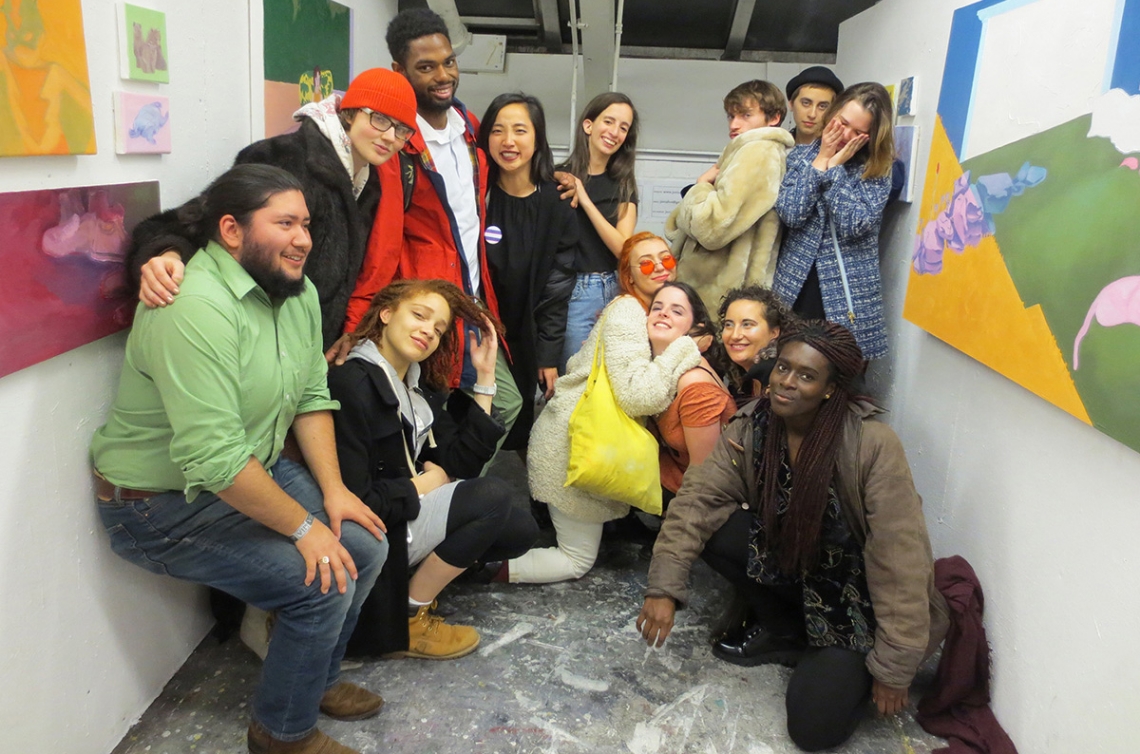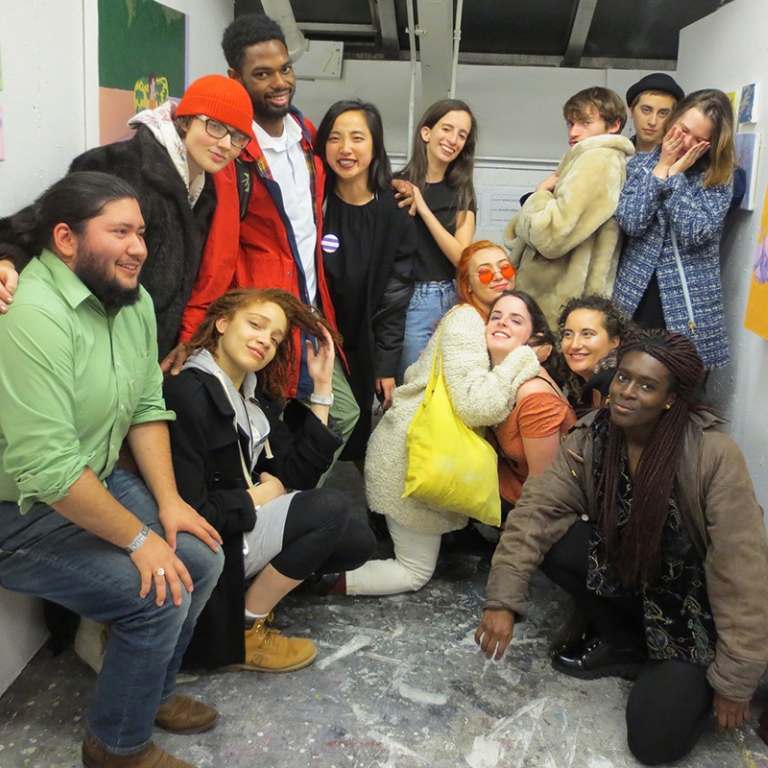FOUNDATIONS CURRICULUM
The Foundations courses integrate technical media-based investigation and theoretical artistic research to guide you in developing your individual voice. This immersive first year prepares you to work in self-directed intermediate advanced studio electives during the remainder of your time at CMU.
BFA students will take the following art courses – in addition to academic electives and university requirements – during their first year. BXA students will take an abridged version of the Foundations.
FIRST YEAR
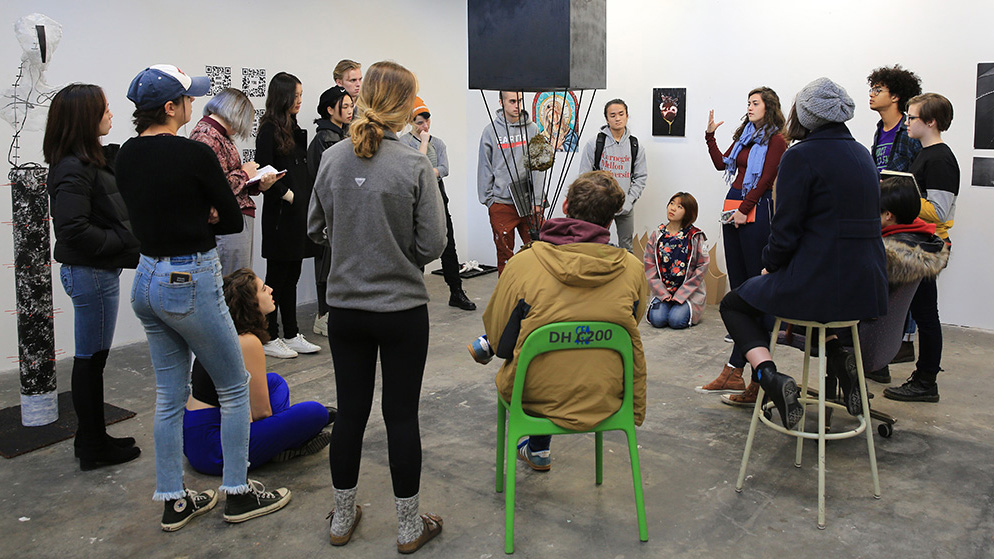
FALL SEMESTER
First-Year Seminar
This course introduces you to the school’s many facilities, equipment, opportunities, staff, and faculty that will be essential resources for you throughout your four years at the School of Art. You will build community with your entire first year cohort, both BFA and BXA students, as you share 24-hour access to the Foundations Studio.
Drawing
The quintessential first-year art course, this class will give you essential drawing skills that are needed for advanced work in almost any medium. Beyond technical skills, you will be expected to expand your mindset of what constitutes drawing and integrate knowledge and ideas from other studio classes and academic studies into your work..
Sculpture
This course combines both physical fabrication in our woodshop and digital fabrication techniques including laser cutting and 3D printing. Projects will prompt you to consider relationships between objects, bodies, spaces, and society; as well as between technology, craft, form, and language.
Time-Based Media
You will learn the foundations of audio and video production, as well as how to produce your own new media work using both standard and experimental production techniques in the class. You can also expect to explore the consequences of ubiquitous broadcast and social media on society and the self, and learn how to co-opt media paradigms to challenge their influences in our lives.
SPRING SEMESTER
Critical Studies
Through critical reading and writing, you will learn how artistic research helps shape your own studio practice. You’ll be introduced to key ideas in contemporary art through a wide range of texts including essays, artist interviews, short stories, scholarly theory, poetry, and more.
Risk, Agency, Failure
In this transdisciplinary media studio, you will create artwork that confronts complex ideas such as: What can art uniquely do in the world? How can you playfully work with subjects and materials that are foreign and unfamiliar? How do you define success as an artist? How do you embrace failure as a productive part of the artistic process? How do you become comfortable breaking and remaking rules in art?
In addition, you will choose two of the following media-specific courses:
Paint/Print
In this class, you will work predominantly in drawing and painting (water-based media), but will also have opportunities to experiment with screen printing, risograph, image transfers, and digital output. With an emphasis on material exploration, you will investigate how scale, medium, and color support or distract from the intention of your artwork and what it means to appropriate, collage, produce memes, and/or publish in multiple media.
Expanded Media Sculpture
Building on the skills from the first semester sculpture course, this class emphasizes expansive mixed media object making including moldmaking and casting, 3D modeling, welding, sewing for soft sculpture, and more. You’ll explore concepts and histories related to sculpture in public space, monuments and the unmonumental, memorials, and site-specific installation.
Digital Media
This class is a practical introduction to expanded modes of creative practice made possible by the computer. Expect to experiment with virtual sculpture, immersive world-building, generative art, procedural design algorithms and learning machines, simple games, interactive installations, and more.
SECOND YEAR
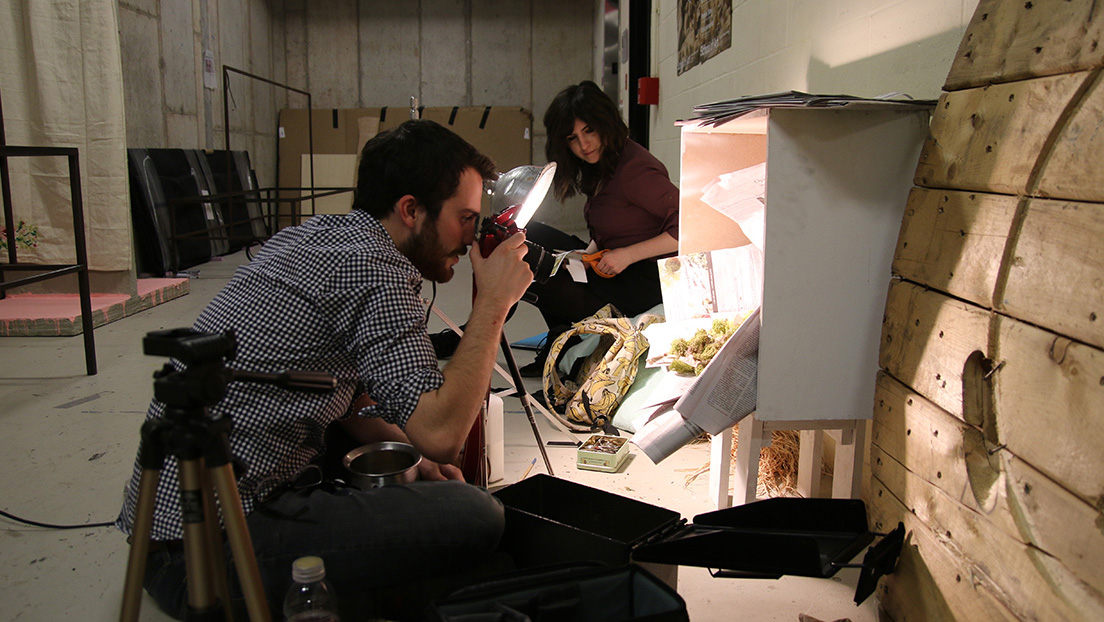
By the end of your first year, you will have experimented with a wide variety of media and ideas, and your sophomore year allows you to begin to hone into your particular artistic and intellectual interests. You will choose from medium-specific intermediate courses, which both continue to build technical skills as well as push you to think more conceptually. In addition, you’ll continue investigating the theory and history behind contemporary art practice through elective advanced Critical Studies courses and choose academic electives outside of the school that will inform your artmaking.
SOPHOMORE REVIEW
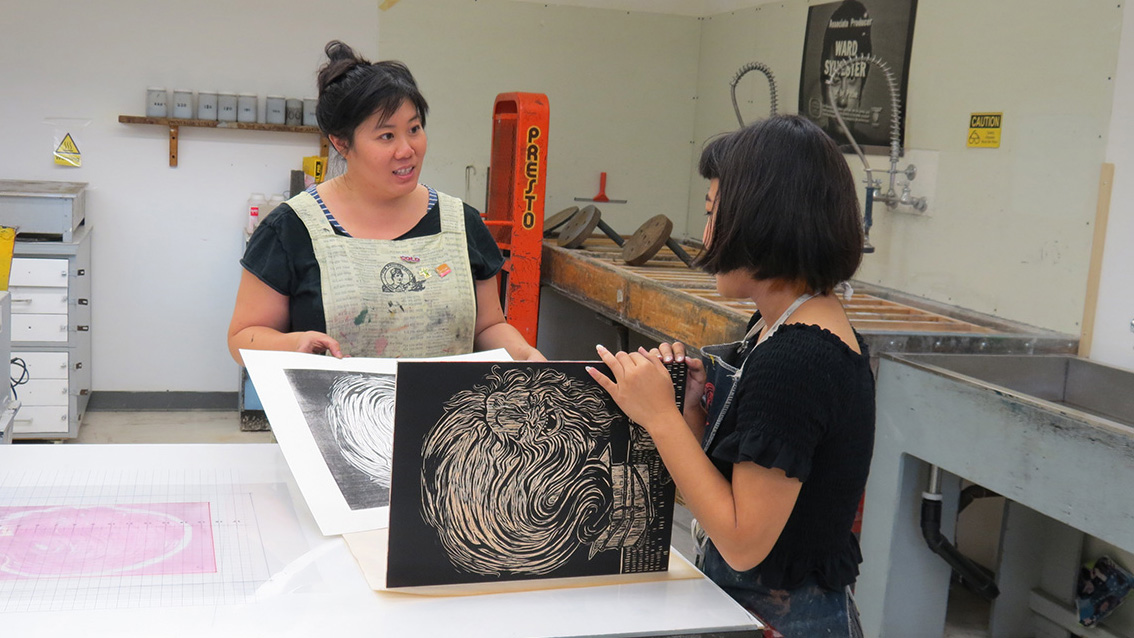
Sophomore review in the spring semester will give you an opportunity to reflect on everything you have learned and made thus far, and to plan for the rest of your college career and beyond. This is the time to think about the big picture:
Who are you as a person and as an artist? How do all of your interests fit together? What do you hope to achieve during your time at CMU? What are your goals after college and how do you build a viable practice as a working artist?
You will meet with faculty members, present work from your first three semesters, and discuss how your interests and strengths can be refined in your junior and senior years to develop a robust, individualized artistic practice. Faculty will advise you on School of Art internships, minors, study abroad programs, other artists and scholars to review, and further opportunities for your personal and professional development as an artist. Using your conversations with faculty and written feedback following your review, you will develop a clear roadmap for the rest of your time at CMU and for starting your career.
JUNIOR & SENIOR YEARS
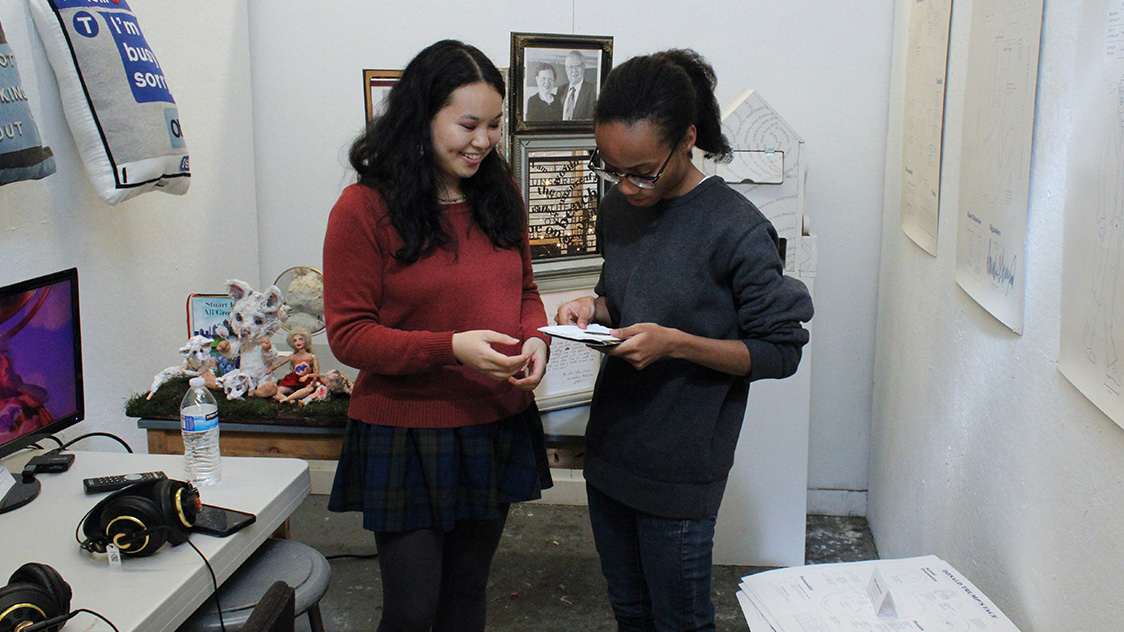
Your junior and senior years will be focused on self-driven making through studio electives and building a personal art practice supported by access to your individual 24-hour studio. Elective Professional Development courses prepare you for a career as a studio artist or within a creative field such as emerging technology, gaming, animation or media design. During your senior year, you will take a year-long course that helps you integrate everything you have learned at CMU to create a final project for professional exhibition at the Miller Institute for Contemporary Art.
